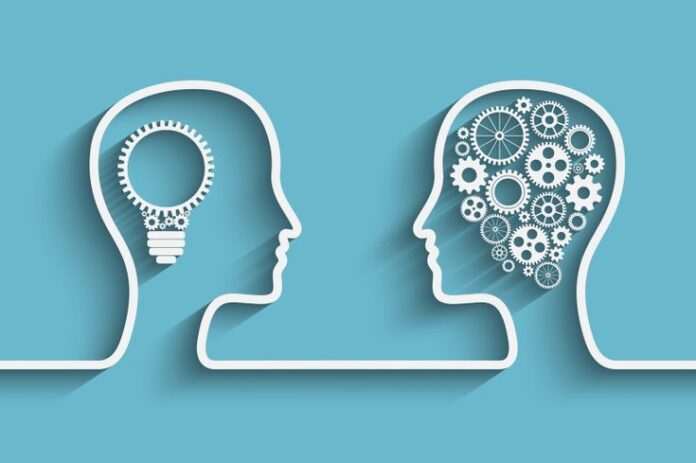Introduction
Have you ever wondered why humans often make irrational decisions, even when armed with information and logic? The answer lies within the labyrinthine corridors of cognitive biases – subtle, yet powerful patterns of thought that lead us astray from rationality. These mental shortcuts, while once advantageous for our ancestors, can now lead us to perceive, interpret, and judge the world around us in skewed ways. In this article, we delve into the captivating realm of cognitive biases, exploring their impact, origins, and strategies to navigate around them.
A Peek into Cognitive Biases
Cognitive biases are the mind’s way of simplifying complex information processing. While they can serve as efficient mental shortcuts, they often introduce systematic errors in our thinking. Confirmation bias, for instance, encourages us to seek out information that confirms our existing beliefs while ignoring evidence to the contrary. The availability heuristic makes us overestimate the importance of information readily available in our minds. The anchoring effect causes us to be influenced by initial information, even if it’s unrelated to the decision at hand.
The Power of Influence: Everyday Implications
Cognitive biases subtly shape our decisions, perceptions, and interactions every day. They can affect our financial choices, from falling for marketing tactics to overestimating the value of an item based on its initial price. In the realm of politics, biases contribute to the formation of echo chambers, where we engage only with information that reinforces our viewpoints. Social media algorithms capitalize on cognitive biases, showing us content that aligns with our existing preferences, reinforcing our biases further.
Biases Across Societies
Cognitive biases aren’t a one-size-fits-all phenomenon. They can vary across cultures, influenced by societal norms and experiences. What one culture perceives as a cognitive shortcut, another might view as completely irrational. Understanding these cultural variations helps us appreciate the intricate tapestry of human cognition and the diverse ways we navigate the world around us.
Strategies for Clearer Thinking
Recognizing and mitigating cognitive biases can empower us to make more informed decisions. Mindfulness plays a crucial role – becoming aware of our thought patterns can help us catch biases in action. Critical thinking encourages us to question assumptions and seek multiple perspectives. Exposure to diverse viewpoints challenges our biases and encourages a more balanced understanding.
Ethical Considerations: Bias and Fairness
Cognitive biases are not just theoretical curiosities; they have real-world implications for ethics and justice. Implicit biases, which operate unconsciously, can influence hiring decisions, medical diagnoses, and law enforcement actions. Acknowledging these biases is the first step toward addressing systemic inequities and striving for fairness.
Conclusion
The world of cognitive biases is both fascinating and complex. These inherent quirks of the human mind remind us that our perceptions are not always as accurate as we might think. By understanding these biases, we can gain greater insight into our thought processes and make more rational decisions. Navigating the world with a critical eye, embracing the diversity of thought, and remaining mindful of our biases can lead us toward a more balanced and informed understanding of the intricate world we inhabit.


